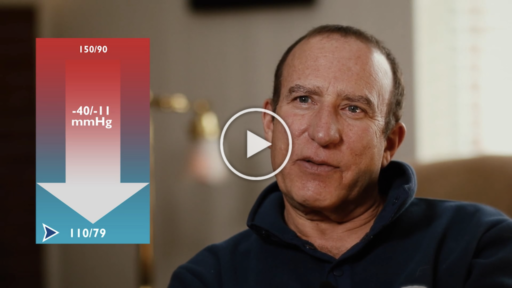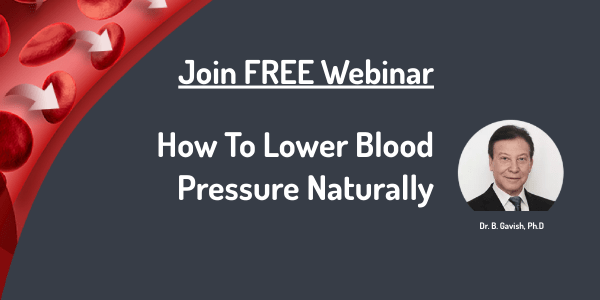Researchers found that in the two hours immediately after feeling angry, a person’s risk of a heart attack increased nearly fivefold (by 4.74 times), and the risk of stroke increased more than threefold (by 3.62 times).
Exercising When You’re Angry May Lead to Heart Attack
We have all been told that exercise will help us blow off steam when we are upset or angry. But a new study is showing that this thought might be deadly. People who have exercise when emotionally upset tend to have their first heart attack during this time period.
According to the study, “Physical exertion, anger, and emotional upset are reported to trigger Acute Myocardial Infarction (AMI). In the INTERHEART study, “we explored the triggering association of acute physical activity and anger or emotional upset with AMI to quantify the importance of these potential triggers in a large, international population”.
Physical exertion and anger or emotional upset are triggers associated with first AMI in all regions of the world, in men and women, and in all age groups, with no significant effect modifiers.
What Correlation the Study Found
In these analyses of INTERHEART, they confirmed previous reports that heavy physical exertion and anger or emotional upset may act as triggers of first acute myocardial infarction, but we also extend findings to all regions of the world.
They found an interaction between heavy physical exertion and anger or emotional upset with an additive association in participants with exposure to both in the 1 hour before acute myocardial infarction.
Watch How Mark Lowered His Blood Pressure Naturally. It was 150/100, this morning it was 110/79 Watch Video
Researchers did not report effect modification by previous cardiovascular disease, cardiovascular risk factor burden, cardiovascular prevention medications, or time and day of onset of symptoms.
What Are the Implication of the Study?
The findings suggest that clinicians should advise patients to minimize exposure to extremes of anger or emotional upset because of the potential risk of triggering acute myocardial infarction.
The research also suggested that heavy or vigorous physical exertion (but not any physical activity) may trigger a myocardial infarction.
Therefore, given the established benefits of regular physical activity over the long term, clinicians should continue to advise patients about the lifelong benefits of exercise.
How to Manage Anger
1. Recognize the warning signs that you’re getting ticked off.
Do you notice rising irritation, a sense of frustration, increase in your breathing rate or a quickening pulse? Take a moment to get things in perspective and explore your feelings.
Breathe mindfully for a few breaths as you notice your body sensations change. Listen for your thoughts without adding to the inner dialogue, or trying to silence them. What are your thoughts saying? It can take some patience to stick with the unpleasant feelings but remind yourself to come back to observing the anger with self-compassion and discover what your anger has to teach you.
2. Know this: You have choices
Acknowledge that in many situations your only choice is how you react. During challenging times, remind yourself: “I have a choice here,” and choose not to waste your time wallowing in negative emotions.
3. Meditate!
Meditation slows down the heart rate, lowers blood pressure, reduces anxiety, and, as a result, relieves stress.
In one trial participants in an eight-week mindfulness meditation, the stress-reduction program experienced significant reductions in reported daily irritation (24%) and psychological distress (44%), and the benefits were maintained three months later.
4. Eat!
Food can easily wind up low on the priority list, but when blood sugar drops and tummies grumble, it’s hard not to get irritable. Even a small snack can make all the difference to your mid-morning meeting. Be good to your body—when you’re physically uncomfortable, your mind can’t help but follow.
5. Sleep!
No amount of caffeine can replace a good night’s sleep, which is something most of us don’t get often enough. In the long run, insufficient sleep ups our risk of heart disease and diabetes.
In the short term, we become groggy, foggy, and downright unpleasant to be around. When our minds aren’t well rested, we’re quick to anger and slower to see reason. Take time to plan your daily schedule around a proper night’s sleep. And avoid coffee and alcohol for two to three hours before bedtime.
6. Spend more time with your dog, cat, bird, or fish
In a study published in the journal Psychosomatic Medicine, researchers concluded: “People perceive pets as important, supportive parts of their lives, and significant cardiovascular and behavioral benefits are associated with those perceptions.”
Indeed, pet owners have better than average survival rates after heart attacks and a lower risk of succumbing to cardiovascular disease in the first place. And older people who own pets are generally healthier and happier than those who don’t.
You’ve heard it before but we’ll say it again: Petting a pet reduces stress, calms you down fast, and makes you feel better on so many levels.
7. Don’t yield to road rage
When someone forgets to signal or stops abruptly or is just making us #&@!@** late for work, we can be so quick to blow our stack. Even people who don’t swear much are suddenly hurling profanities.
If you have this habit, you probably won’t eliminate it in one fell swoop, so make it a priority to notice when it comes up. Be curious about why it’s happening and why it’s so intense. The very act of repeatedly reflecting will begin to defuse it.
8. Stuck in line? Let go!
For some strange reason when we get in lines (or queues or snakes, as they’re called in some places) we tend to get antsy.
If there’s more than one line, we start looking at the other lines and wondering whether we chose the wrong one. Before you know it, in your head you’re griping about the people ahead of you and how slow or stupid they are…just let it go. What good is it doing?
9. Roll with the interruptions
It’s easy to get totally fixated on our plan for the day (or the next hour for that matter), and anything that gets in our way, we just want to steamroll past. But let’s face it: Life, is filled with interruptions. Get used to it. Embrace the disruption. It’s what keeps things fresh and interesting.
10. Go to your happy place
But first, you need to have one! Designate a place in your home or apartment or out in nature or a public place where you can retreat to when you need to get away from it all. It could be that you go to practice meditation or do yoga stretches. Keep it free of clutter and make it as calm as possible.
11. Stop avoiding that person who really bugs you
Most of us have a petty nemesis, a bête noire, who just seems to get under our skin. Unless this person is truly malicious and requires an intervention (that’s another topic altogether), cut them some slack. Somebody loves them. Why can’t it be you?
Anger may be destructive. Exercising to blow off steam when you are emotionally upset can be deadly. Learn how to deal with life inconveniences in a calm and productive way.
I know it can be easier said than done. But in the end, we are talking about your overall well-being.











 Download Brochure
Download Brochure